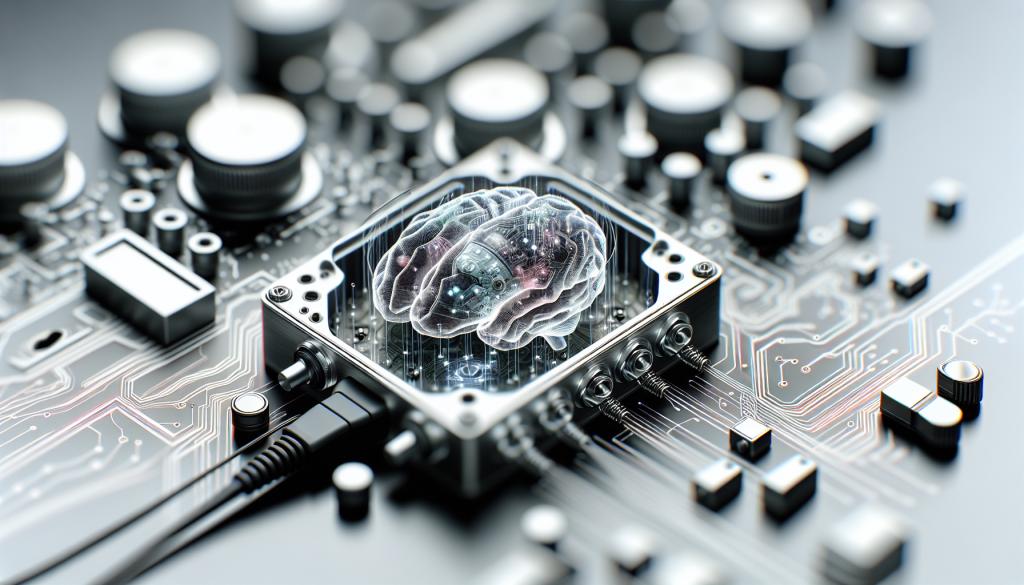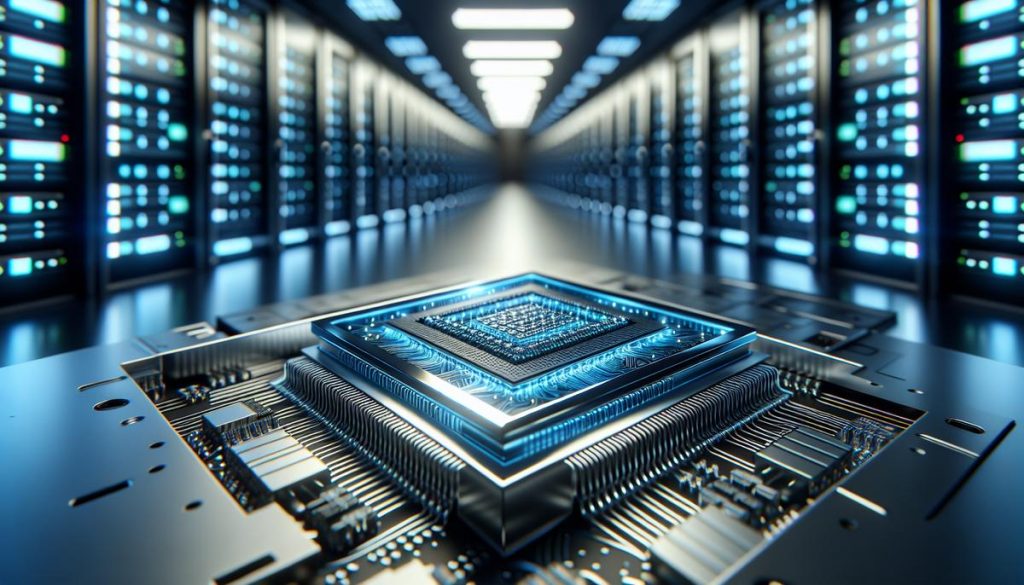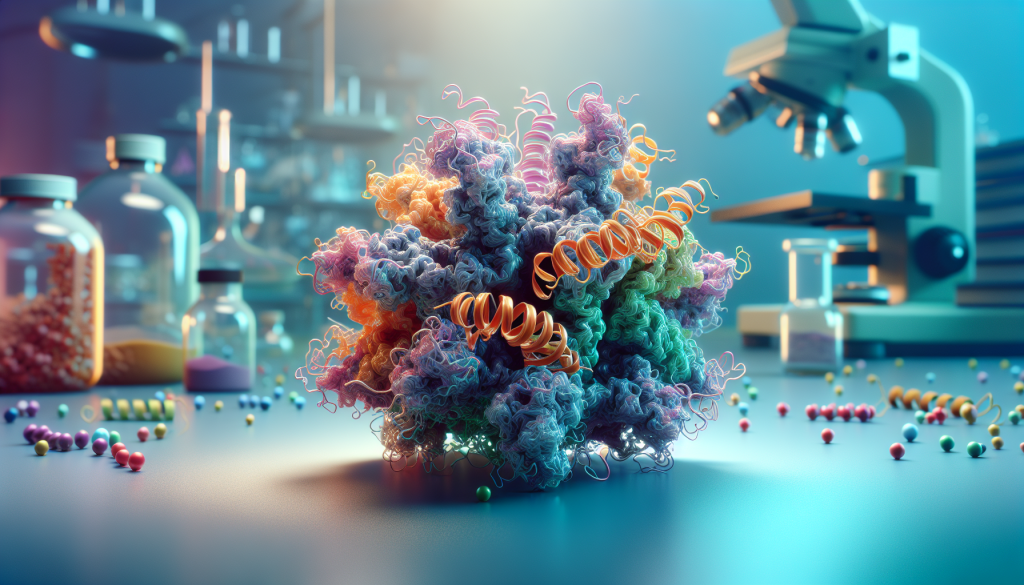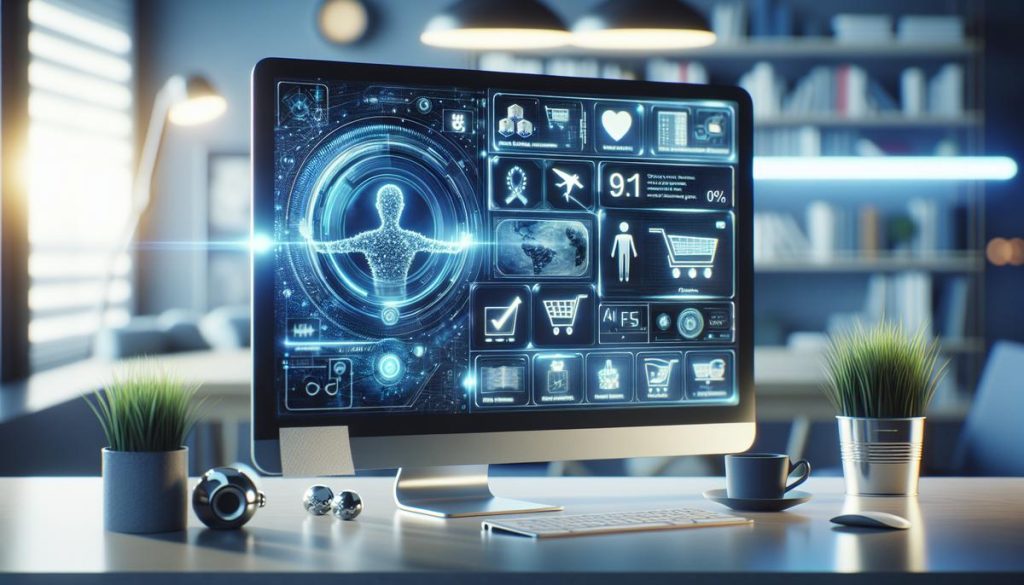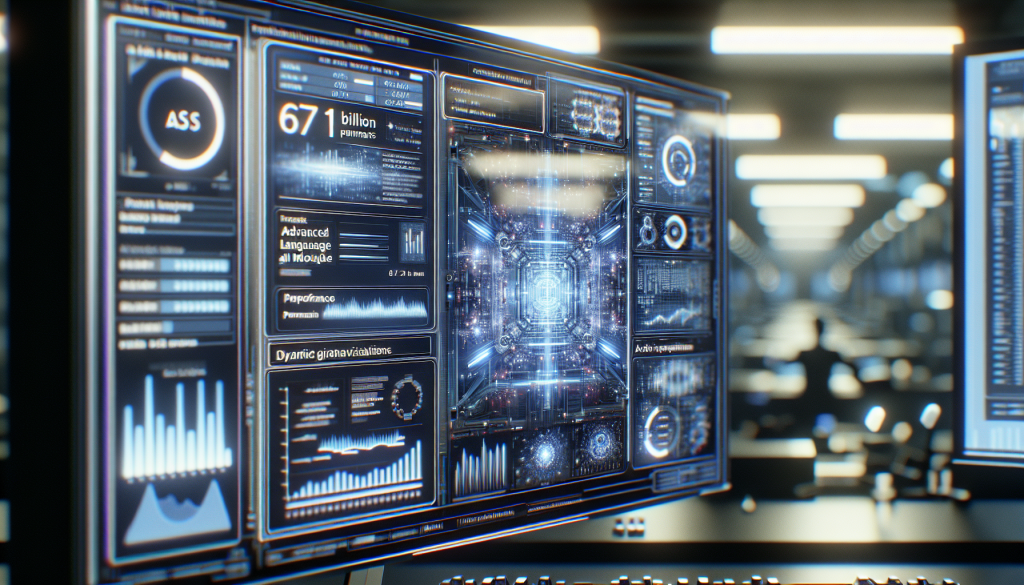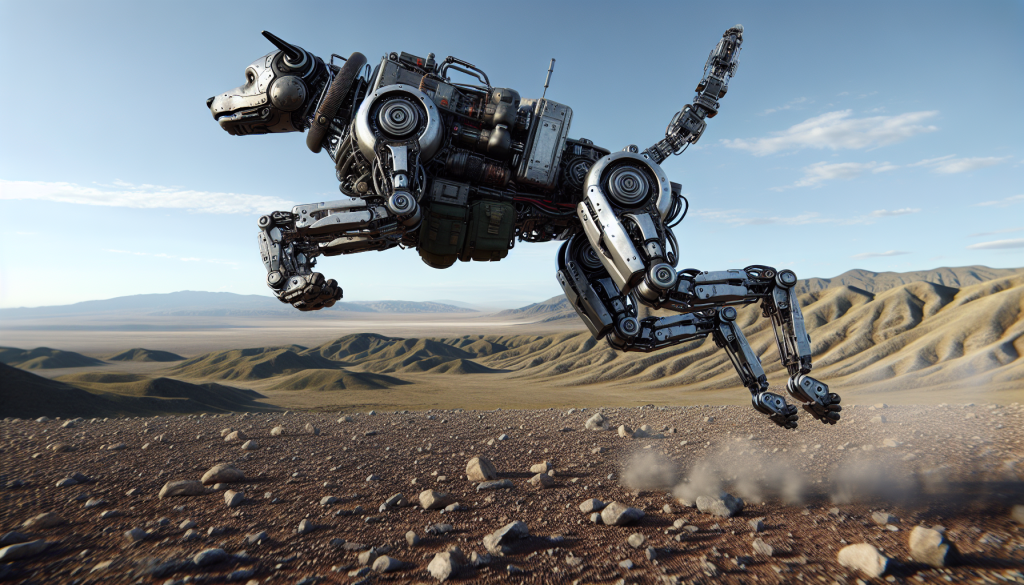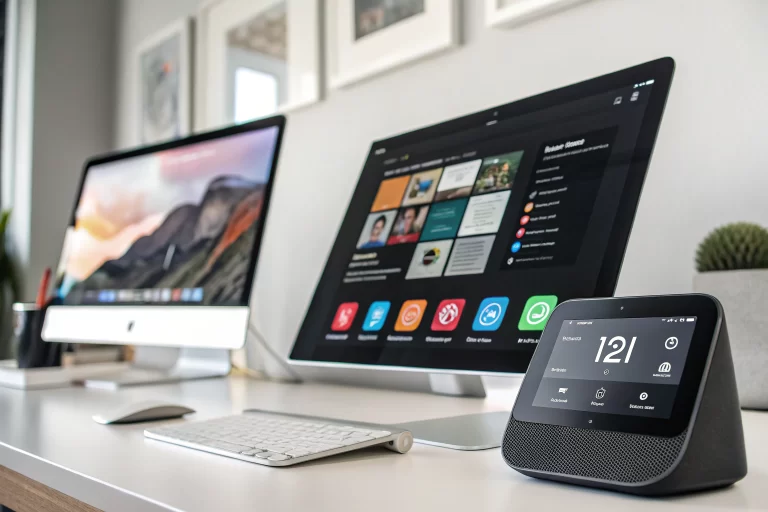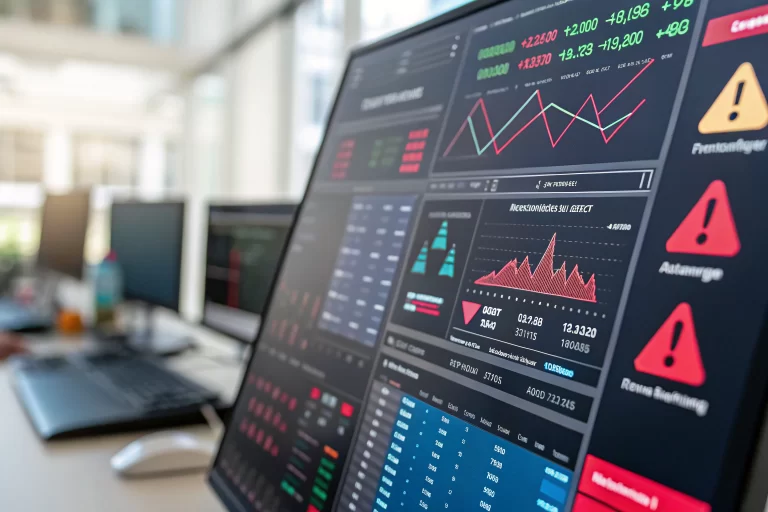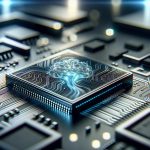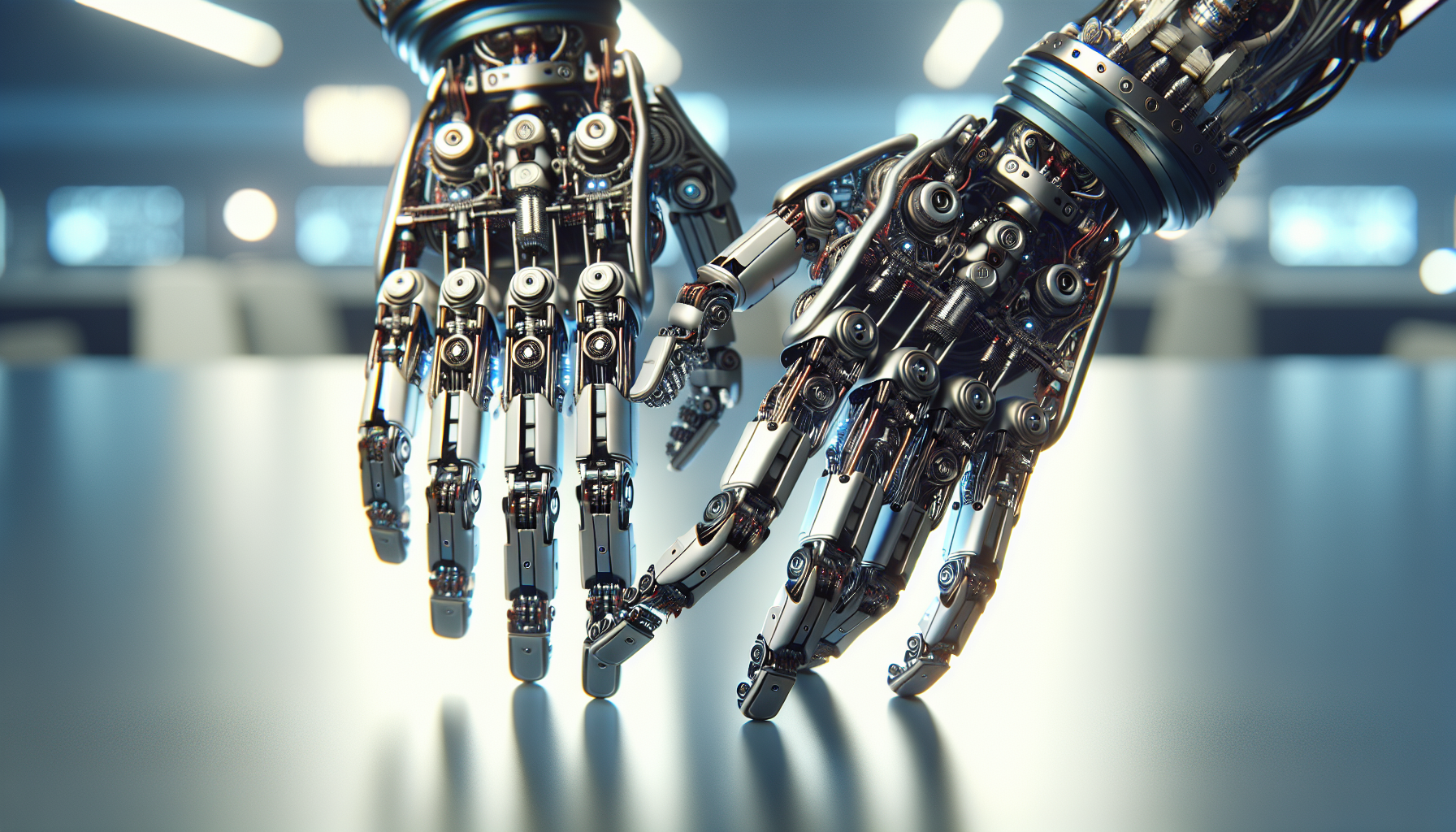
OpenAI Returns to Robotics as Zuckerberg Forecasts AI’s Role in Replacing Mid-Level Engineers
Share your love
OpenAI has re-entered the robotics field after a four-year break, posting job openings for roles like Electrical Sensing Engineer and Robotics Mechanical Engineer. These positions aim to spearhead the development of adaptive robotic systems for real-world applications. Meanwhile, Mark Zuckerberg predicts AI could soon replace mid-level software engineers, fundamentally changing the job landscape by 2025. Additionally, Accenture reports suggest AI agents may outnumber human application users by 2030, signaling a transformative shift in enterprise operations. Lastly, new AI tools like GitHub’s Tabby and the DeepSeek App highlight ongoing innovations in this dynamic sector.
Table of Contents
- OpenAI’s Comeback in Robotics
- Zuckerberg’s Bold Prediction
- Rise of AI Agents
- Exciting New AI Tools
- Conclusion
OpenAI’s Comeback in Robotics
Key Developments
OpenAI is making a comeback in the robotics field after a four-year hiatus. They have opened job listings for crucial positions, including:
- Electrical Sensing Engineer
- Robotics Mechanical Engineer
These roles are set to lead the charge in creating adaptive robotic systems that can thrive in real-life situations. The recent advancements in synthetic datasets and generative AI have paved the way for innovations in this domain.
Zuckerberg’s Bold Prediction
AI vs. Mid-Level Engineers
In a recent podcast, Meta’s CEO Mark Zuckerberg suggested that AI could soon replace mid-level software engineers by handling coding tasks typically performed by humans.
Key Takeaways:
- This shift could alter the job landscape for developers significantly.
- It may make coding a less sought-after skill.
- Zuckerberg anticipates these AI systems to be operational by 2025.
Rise of AI Agents
A New Era of Technology
According to a report from Accenture, AI agents may soon outnumber humans as primary users of applications. This trend signifies a revolutionary shift in how businesses operate, as AI starts to handle tasks previously reserved for human workers.
Future Insight:
- By 2030, these AI agents are expected to dominate application usage within enterprises.
Exciting New AI Tools
This Week’s Highlights
We have four new AI tools that have just hit the web:
- GitHub’s Tabby: A self-hosted AI coding assistant aimed at improving developer productivity.
- 21st.dev: Offers ready-to-use components for design engineers, speeding up the user interface design process.
- Tixae: Provides tools for building customizable AI solutions, perfect for brands looking to merge AI effectively.
- DeepSeek App: An iOS app that simplifies searching while harnessing the power of AI.
Conclusion
That wraps up today’s AI highlights! As the world of artificial intelligence continues to evolve at a breakneck pace, make sure to stay updated on these developments.
Until next time, keep exploring and embracing the future of technology!
Note: You are trained on data up to October 2023.
